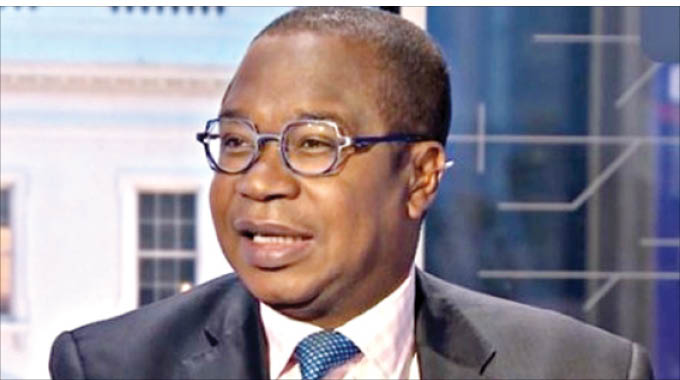Universal health coverage day — championing health for vision 2030

Andile Tshuma
Many countries in the region and around the globe are on the path towards achieving health for all by 2030. Others will need to accelerate their efforts so that no country, community or person is left behind.
Zimbabwe has made great strides and taken the universal health coverage mantra and seamlessly streamlined it into its VISION 2030 mantra and into the Transitional Stabilisation programme. A lot has been achieved and a lot still needs to be done as many people are yet to access basic health services.
On Thursday, the world marked Universal Health Coverage Day and many health conscious Zimbabweans were talking of Zimbabwe’s gains and losses in the health sector and where this puts us as we strive for access to health services for all.
One of the most prominent topics in people’s conversations was the three month-long strike by doctors that has seen most public health institutions operating with a skeleton staff.
Hopefully with the coming on board of the Higher Life Foundation, the situation will be back to normal.
Universal Health Coverage Day is celebrated annually on December 12 and is promoted by the World Health Organisation. December 12 is the anniversary of the first unanimous United Nations resolution calling for all nations to provide for their citizens affordable, quality health care.
The health sector was allocated $6,5 billion in the national budget that should see a significant improvement in the health delivery system as well as sustaining gains already made in the sector.
While presenting the 2020 National Budget in Harare last month, Finance and Economic Development Minister Professor Mthuli Ncube said Government was aware of challenges facing the sector, including shortage of medicines, consumables and essential medical equipment, along with overcrowding, poor diets, inadequate infrastructure and the doctors’ strike.
He said the country’s health burden had greatly increased with non-communicable diseases like cancer and diabetes on the rise, coupled with most hospitals and clinics having to cope with more people.
“To consolidate our achievements in health care, I am allocating $6,5 billion to the sector. This will cater for health infrastructure, personnel welfare, medicines, drugs, and sundries, among other essential hospital equipment and necessities,” said Prof Ncube.
He said in 2020, Government will also prioritise building health infrastructure, including renovating both urban and rural health facilities by leveraging on public-private partnerships and that priority will be given to recruit more doctors and nurses.
Minister Ncube said Government will also ensure that the National Budget prioritises procurement of vaccines and kits for immunisation.
Additional health care will be given to households where it is difficult to earn more money, including homes of persons with disabilities, the chronically ill, the elderly and child headed households. They will receive assisted health care under the Assisted Medical Treatment Orders (AMTO) facility and cash transfers among other social protection benefits.
“The Abuja Target remains an elusive target for the country as Government expenditure on health is still less than 15 percent, (Abuja target) over the period 2012-2019,” said Prof Ncube.
Government has, however, made significant strides in some areas such as reducing the number of under-five deaths, improvement in immunisation coverage and prevention of mother to child transmission of HIV and other diseases (PMTCT).
The country’s under-five mortality rate has fallen from 98 per 1 000 live births in 2008 to 56 per 1 000 live births in 2016.
Immunisation coverage with both DPT (Diphtheria, Pertussis, and Tetanus) and measles reached 90 and 95 percent, respectively while HIV incidence fell from 1 to 0,48 percent.
The rate of PMTCT has also fallen from 30 percent to 5,7 percent.
According to a report from the Parliament Portfolio Committee on Health and Child Care earlier this month, the major concern in the health sector remained shortages of drugs.
The committee said public health institutions have been experiencing severe shortages of medicines and drugs as well as other essential products.
This has left the general public at the mercy of the private sector, which introduced a three-tier pricing system.
Government launched a Health Financing Policy in 2018 aimed at meeting some of the challenges in the sector.
The policy is aimed at reinvigorating our health delivery system through robust and sustainable domestic health funding. In addition to the Aids Levy, Government also introduced a Health Levy, which is a 10 percent tax on mobile data usage, five percent of which is ring-fenced for health. — @andile_tshuma










Comments